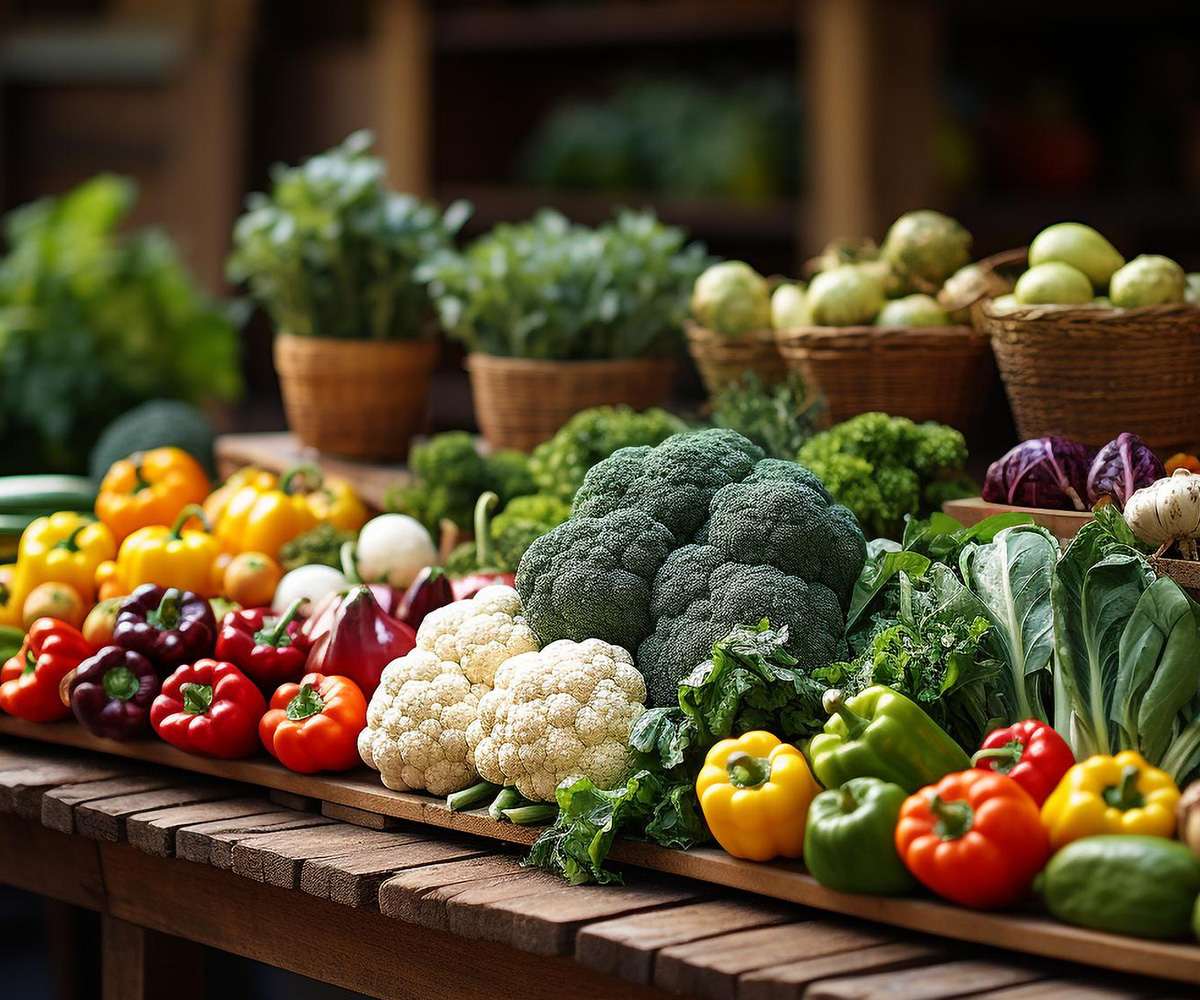Organic fruits are becoming increasingly popular among modern consumers, not only because they are generally considered to be healthier and safer, but also because they have less impact on the environment. This article will take a deep dive into the advantages of organic fruits and reveal some of the important information.
1. Health and Safety
One of the main attractions of organic fruits is their health and safety properties:
No chemical pesticide residues: Organic farms prohibit the use of synthetic chemical pesticides and instead adopt natural control methods, which means that pesticide residues in organic fruits are generally lower and pose less risk to human health.
Nutritional value: Studies have shown that organic fruits may be higher in certain nutrients (such as antioxidants and vitamin C) than conventionally grown fruits, which is attributed to better soil management and healthier plant growth on organic farms.
“By choosing organic fruit, consumers not only get healthier and safer food, but also contribute to supporting sustainable agriculture and ecosystem protection..”satisfied client
2. Environmental impact
The cultivation methods of organic fruits have a lower impact on the environment, which is another important advantage:
Soil protection: Organic farms emphasize the protection of soil health and ecosystems, promoting soil health through organic fertilizers, crop rotation and increased biodiversity.
Water resource management: Organic farms usually use water-saving irrigation technology and water resource recycling, reducing excessive consumption and pollution of water resources.
3. Quality and taste
Although the appearance of organic fruits may not be as "perfect" as conventional fruits, their taste and quality often win the favor of consumers:
Natural maturity: Organic fruits are usually picked closer to natural maturity, so they may have better taste and richer flavor.
Variety diversity: Organic farms are usually more inclined to grow traditional and local varieties, which may differ from large-scale varieties in taste and nutrition.
4. Consumer awareness and choice
As consumers pay more attention to health and environmental issues, the market share of organic fruits continues to expand:
Traceability: Organic certification requires farms to provide traceability information of products, so consumers can more easily understand the planting and processing history of the fruits they buy.
Ethical consumption: Choosing organic fruits is not only a healthy choice, but also an expression of support for environmental sustainability and agricultural ethics.
Conclusion
Organic fruits are not only a healthy choice, but also represent a more sustainable and environmentally friendly agricultural model. Its advantages are not only reduced dependence on chemical pesticides and protection of ecosystems, but also provide healthier, more nutritious and more natural food choices. Although organic fruit may cost slightly more, organic agriculture continues to thrive around the world as more and more consumers are willing to invest in its health, the environment, and quality.


